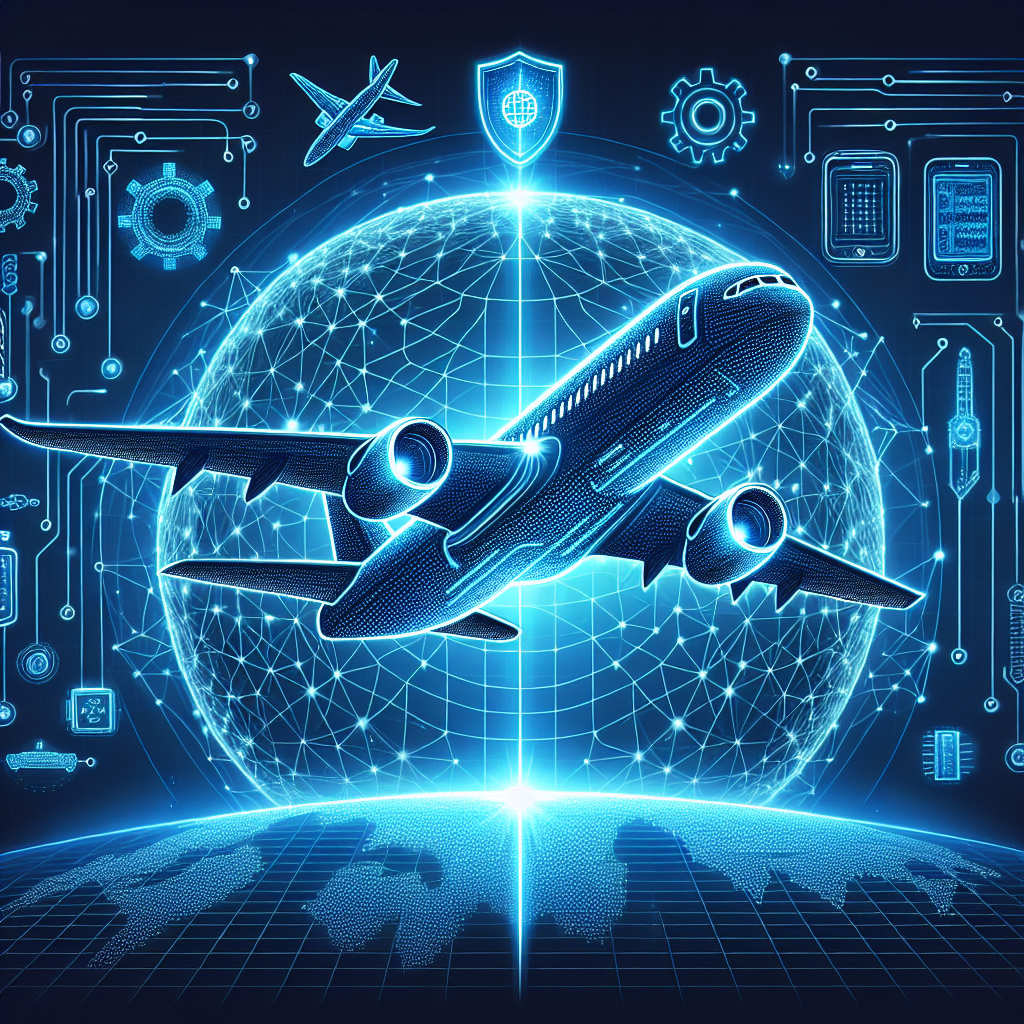Artificial Intelligence (AI) has been making waves in various industries, and one area where its impact is particularly significant is in aviation. The use of AI in aviation is revolutionizing air travel in terms of safety, efficiency, and customer experience. From predictive maintenance to autonomous flights, AI is changing the way we fly.
AI in aviation is not a new concept, but recent advancements in machine learning and data analysis have enabled the industry to leverage AI in new and innovative ways. One of the key areas where AI is making a difference is in predictive maintenance. By analyzing vast amounts of data from aircraft sensors, AI algorithms can predict when maintenance is needed before a breakdown occurs. This proactive approach helps airlines reduce the risk of costly delays and cancellations, as well as improve overall safety.
Another important application of AI in aviation is in air traffic management. With the increasing volume of air traffic, it has become more challenging for air traffic controllers to manage flights efficiently and safely. AI-powered systems can help optimize flight routes, reduce congestion, and improve overall airspace management. By using AI to analyze data in real-time, air traffic controllers can make more informed decisions and ensure the safety of all flights.
AI is also being used to enhance flight safety through the development of autonomous systems. While fully autonomous flights are not yet commonplace, AI-powered systems are being tested and implemented to assist pilots in various tasks, such as take-off, landing, and navigation. These systems can help reduce human error and improve overall safety in the air.
In addition to safety improvements, AI is also changing the way passengers experience air travel. From personalized recommendations for in-flight entertainment to chatbots for customer service, AI is enhancing the overall travel experience for passengers. Airlines are using AI to analyze customer data and provide tailored services to meet individual preferences and needs. This personalization can lead to increased customer satisfaction and loyalty.
Overall, the use of AI in aviation is transforming the industry and paving the way for a more efficient, safe, and customer-centric air travel experience. As AI continues to evolve, we can expect to see even more advancements in the field of aviation, leading to a future where flying is smarter, safer, and more enjoyable than ever before.
FAQs:
Q: How is AI being used in aviation?
A: AI is being used in aviation in various ways, including predictive maintenance, air traffic management, autonomous systems, and customer experience enhancements.
Q: What are the benefits of using AI in aviation?
A: The benefits of using AI in aviation include improved safety, increased efficiency, enhanced customer experience, and reduced costs.
Q: Are fully autonomous flights possible?
A: While fully autonomous flights are not yet commonplace, AI-powered systems are being developed and tested to assist pilots in various tasks.
Q: How is AI improving flight safety?
A: AI is improving flight safety by analyzing data in real-time, predicting maintenance needs, optimizing flight routes, and reducing human error.
Q: How will AI continue to impact the future of aviation?
A: AI will continue to impact the future of aviation by enabling more efficient and safe air travel, as well as enhancing the overall customer experience.

